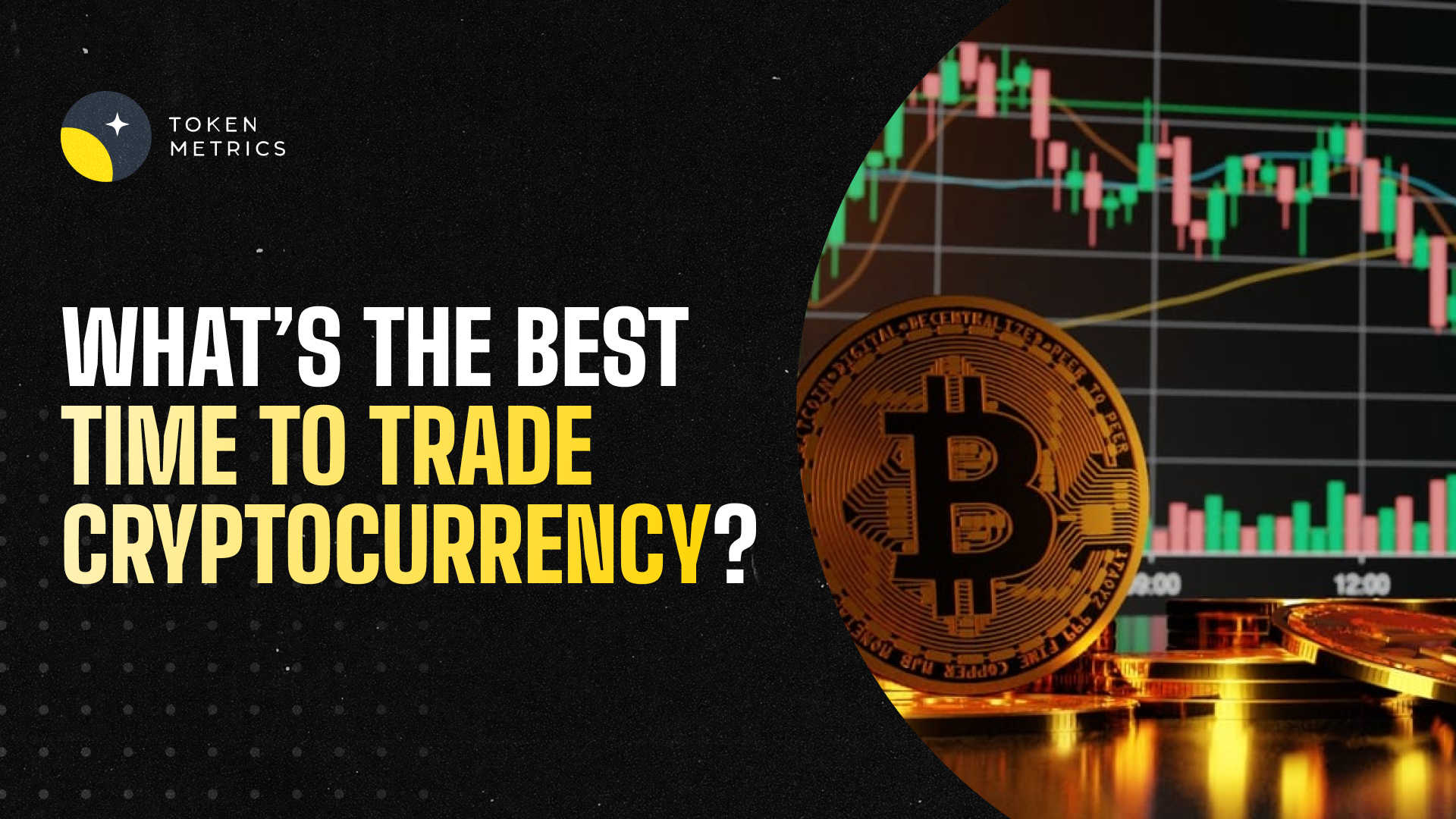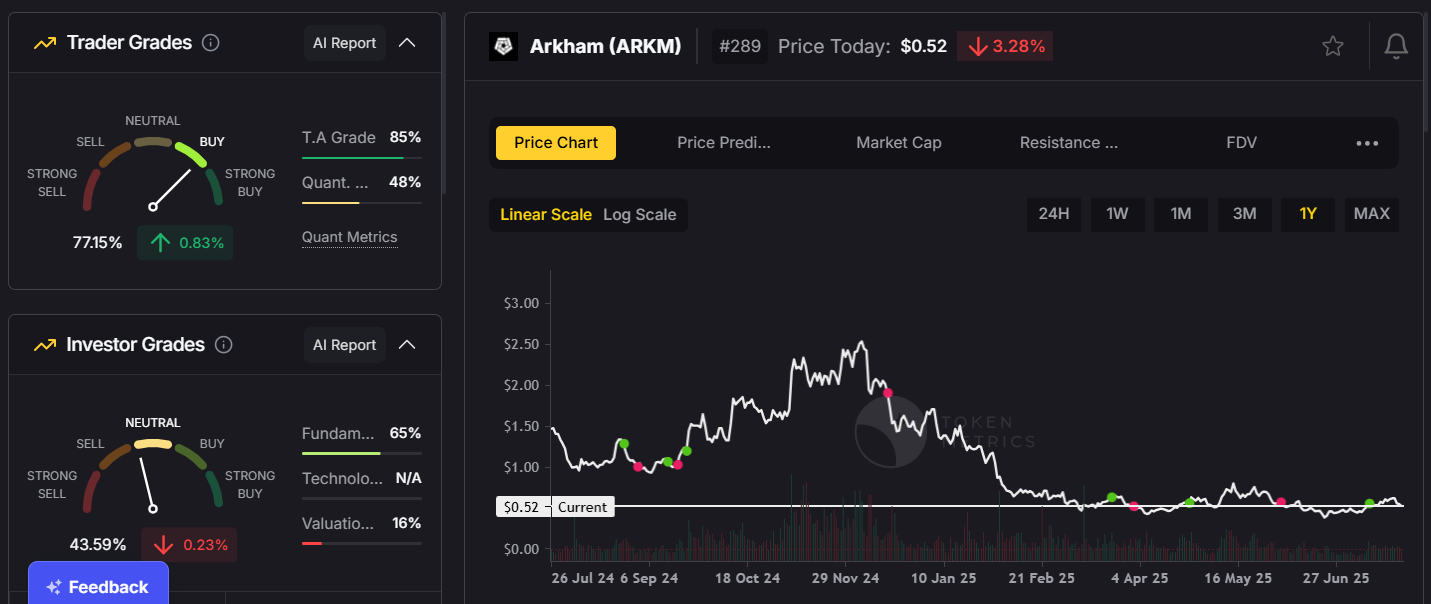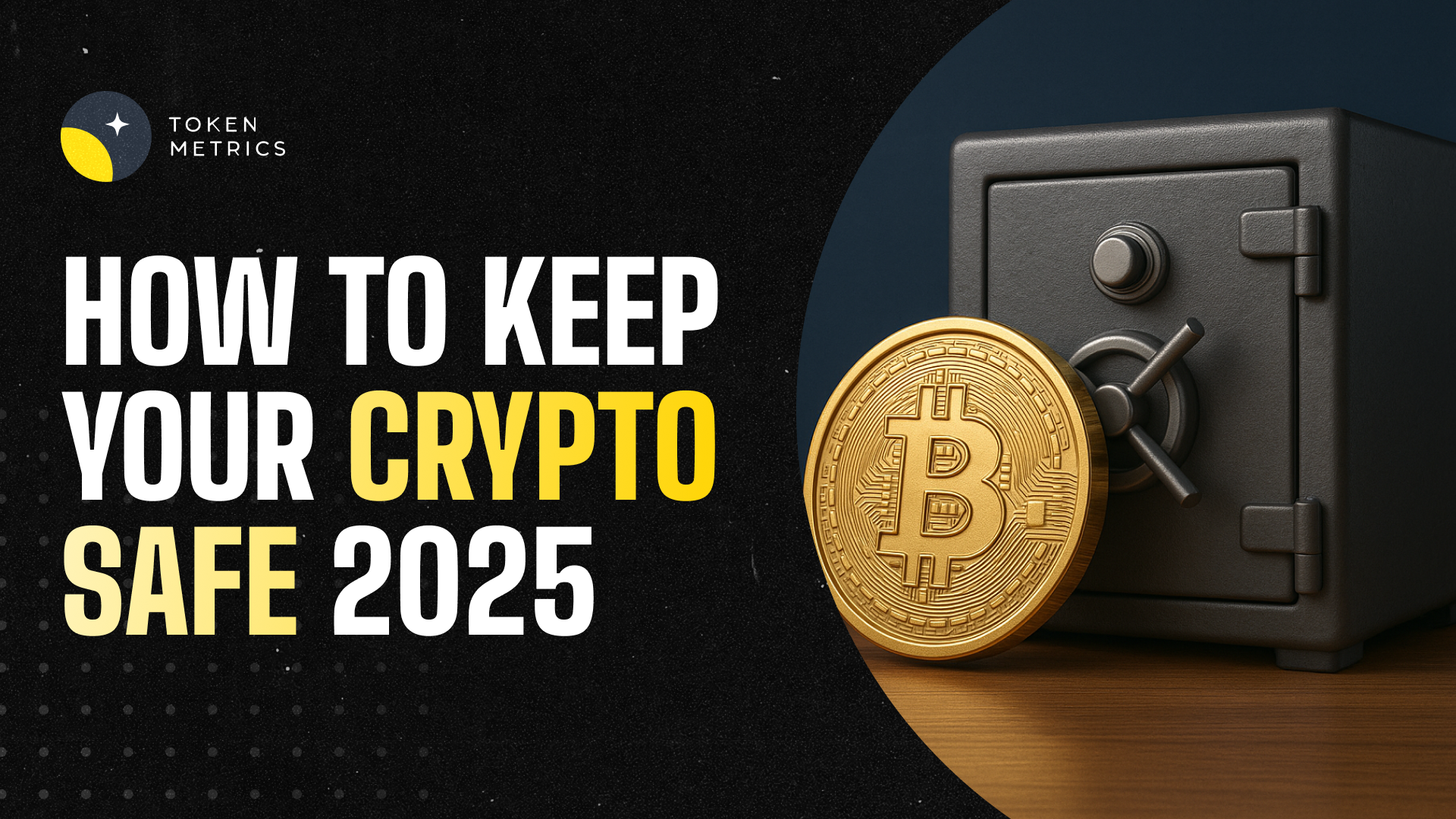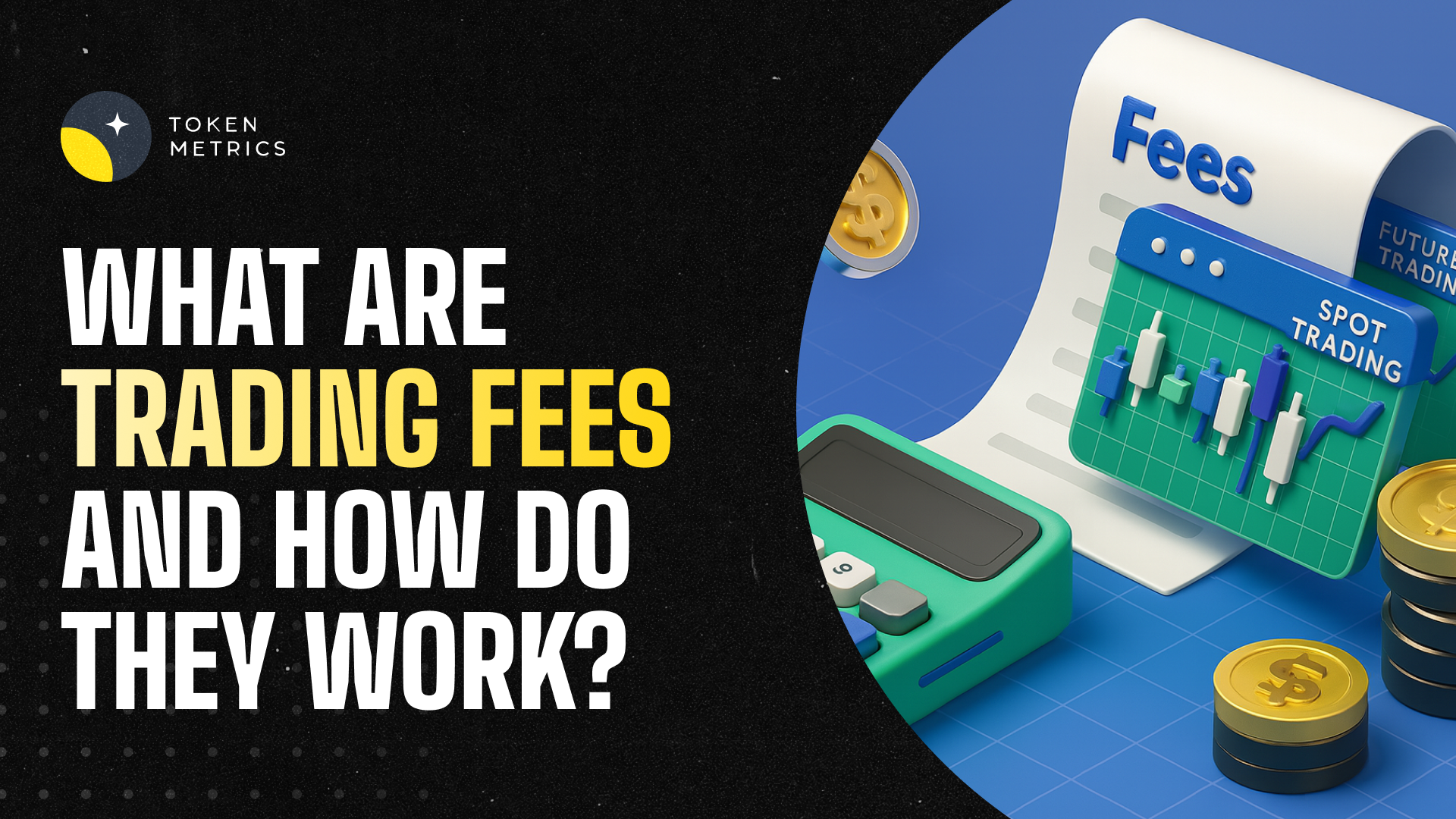Is Shiba Inu Dead? - Complete Analysis for SHIB Investors

Investing in cryptocurrencies has become increasingly popular, and Shiba Inu (SHIB) has caught the attention of many investors. With its adorable logo and catchy name, SHIB has quickly risen in popularity.
Shiba Inu also gained popularity due to some good, bad and concerning reasons, resulting in so many questions having been raised about its future, leaving investors wondering: Is Shiba Inu dead?
In this in-depth analysis, we'll explore the current state of SHIB, its potential, challenges, and what the future might hold for this intriguing digital asset.
Shiba Inu Overview
Let's delve into the factors affecting Shiba Inu's current position and evaluate its viability in the cryptocurrency market.
Understanding Shiba Inu's Origins
Before analyzing its current state, let's take a brief look at the origins of Shiba Inu. The cryptocurrency was launched in August 2020 as an experiment in decentralized community building.
Its creators sought to create a vibrant ecosystem and a Dogecoin-inspired digital currency. SHIB quickly gained traction due to its meme-driven nature and the allure of potential profits.
Shiba Inu, often referred to as the "Dogecoin Killer," emerged as a meme-based cryptocurrency inspired by the Shiba Inu dog breed. It gained traction in early 2021, riding the wave of the Dogecoin frenzy and the growing interest in meme coins.
However, as the crypto market experiences highs and lows, doubts have surfaced regarding the fate of Shiba Inu.
The Rise and Fall of SHIB
Shiba Inu's journey in the cryptocurrency market has been nothing short of remarkable. After its launch, SHIB experienced an impressive surge in value, attracting a wave of investors.

However, like many cryptocurrencies, it faced a significant market correction, leading to a decline in its value. This volatility left investors questioning the longevity of their SHIB holdings.
Evaluating SHIB's Potential
While the recent market correction may have caused concern, it's essential to evaluate Shiba Inu's potential moving forward. The cryptocurrency has an active and passionate community, contributing to its ongoing development and adoption.
SHIB has also gained recognition on various cryptocurrency exchanges, indicating growing interest from traders. Additionally, its low price per token makes it an appealing option for investors seeking potentially high returns.
Factors Contributing to the Decline of Shiba Inu?
The decline of Shiba Inu, can be attributed to several factors that have emerged in recent times -
Bearish Market Sentiment: The overall market sentiment has turned negative, resulting in a decrease in investor confidence and a subsequent decline in the value of Shiba Inu.
Lack of Significant Developments: The absence of notable developments or real-world use cases for the Shiba Inu token has diminished investor interest, as projects offering tangible benefits and utility gain more attention.
Regulatory Scrutiny and DeFi Concerns: Increased crypto regulatory scrutiny and concerns surrounding the decentralized finance (DeFi) sector have created an atmosphere of caution among investors, impacting the value of Shiba Inu.
Competition from Established Cryptocurrencies: Shiba Inu faces heightened competition from other cryptocurrencies, particularly those with established track records and stronger fundamentals, which has hindered its growth potential.
These factors have collectively contributed to the recent decline of Shiba Inu in the cryptocurrency market.
Is Shiba Inu Dead?
In spite of the recent fluctuations in the value of Shiba Inu, there have been exaggerated rumors that Shiba inu is dead. While it is true that the price of SHIB has decreased from its peak, it does not imply the complete downfall of the token.
It is quite common for cryptocurrencies to undergo price corrections following a period of rapid expansion. Such adjustments are a natural occurrence within the market cycle and can actually benefit the long-term stability of a cryptocurrency.
To clarify, Shibu Inu is not completely dead. Nevertheless, the price corrections will continue to occur without a precise projection. Judging by recent trends, investing in SHIB carries a certain degree of risk. The value of this coin is highly volatile and the chances are to decline further at any given moment.
Controversies Around Shiba Inu
Shiba Inu, a cryptocurrency known for its meme coin status, has been surrounded by various controversies since its origin. Few notable controversies are –
Distribution Method: Shiba Inu's token supply is concentrated among a few individuals or entities, raising concerns about market manipulation and potential price volatility.
Lack of Transparency: The project's development and roadmap lack transparency and clarity, leading to skepticism about its long-term viability and raising questions about the team's intentions.
Diversion of Attention: The association of Shiba Inu with dog-themed cryptocurrencies and memes has drawn criticism for potentially diverting attention and resources from more serious and impactful blockchain projects.
These controversies highlight the importance of conducting thorough research and exercising caution before engaging with Shiba Inu or any similar cryptocurrency investment.
Must Read - Is Dogecoin Dead?
Future of Shiba Inu
The future of Shiba Inu, as a meme coin cryptocurrency, remains uncertain and highly speculative. While it gained attention and popularity, it is important to consider several factors.
Shiba Inu Survival and Growth
Shiba Inu operates as a deflationary cryptocurrency, implying that the supply of Shiba Inu coins diminishes over time. The coin incorporates a burning mechanism on ShibaSwap, where each transaction involving Shiba Inu coins results in a portion being destroyed.
By reducing the supply of Shiba Inu coins, this burning mechanism has the potential to drive up the price of Shiba Inu (SHIB) in the future.
Potential Catalysts for Shiba Inu's Future
While uncertainties exist, it is important to consider the potential catalysts that could drive Shiba Inu's future growth.
The project has the opportunity to list on major exchanges, increasing its accessibility and visibility to a broader audience. Partnerships with established companies or collaborations with other cryptocurrencies can also provide significant momentum.
Additionally, the development team's progress and achievement of milestones are crucial for building investor confidence. Enhancements in the project's technology, utility, and adoption can positively impact Shiba Inu's future prospects.
Also Read - Will Shiba Inu Coin Reach $1
Community Sentiment and Social Media Buzz
The power of social media in the cryptocurrency world cannot be underestimated. Shiba Inu has cultivated a passionate and vibrant community that actively supports and promotes the project.
Social media platforms are flooded with discussions, memes, and opinions about Shiba Inu. This constant buzz can influence the sentiment surrounding the coin and impact its market performance.
Analyzing sentiment indicators such as online conversations, forum discussions, and sentiment analysis tools provides insights into the community's outlook on Shiba Inu.
Furthermore, the opinions of influential figures within the crypto space can sway investor sentiment and potentially affect the coin's trajectory.
FAQs
Q1. Is Shiba Inu a good investment?
Investing in Shiba Inu carries both potential rewards and risks. It's important to conduct thorough research and consider your risk tolerance before making any investment decisions.
Q2. Why is Shiba Inu down?
Shiba Inu's decline can be attributed to a combination of bearish market sentiment, lack of significant developments, competition from other meme coins and increasing regulatory scrutiny in the cryptocurrency sector.
Q3. How can I buy Shiba Inu?
Shiba Inu can be purchased on various cryptocurrency exchanges. You need to create an account, deposit funds, and place an order to buy SHIB tokens. Ensure you use reputable exchanges and follow security best practices.
Q4. Will Shiba Inu reach $1?
It is highly unlikely for Shiba Inu to reach $1 with its current circulation levels. The sheer number of tokens and the required market capitalization make it a challenging goal. However, Shiba Inu's circulation decreases significantly, when Vitalik Buterin burns 90% of his SHIB holdings, it could potentially impact the coin's value.
The Bottom Line
Is Shiba Inu really dead? Absolutely not! The recent price movements of SHIB might have caused some investors to worry, but fear not, as there are countless reasons to believe in the token's boundless potential for the future.
The fate of Shiba Inu hangs in the balance, affected by several factors. Market conditions, adoption rates, and the unwavering strength of the SHIB community will ultimately shape its destiny.
So, it is important to understand, both its potential and risks. Stay up to date with the latest news, conduct thorough research, and make decisions based on your personal financial goals and risk tolerance.
Disclaimer
The information provided on this website does not constitute investment advice, financial advice, trading advice, or any other sort of advice and you should not treat any of the website's content as such.
Token Metrics does not recommend that any cryptocurrency should be bought, sold, or held by you. Do conduct your own due diligence and consult your financial advisor before making any investment decisions.
Create Your Free Token Metrics Account

.png)




%201.svg)
%201.svg)


%201.svg)
















.svg)




.png)